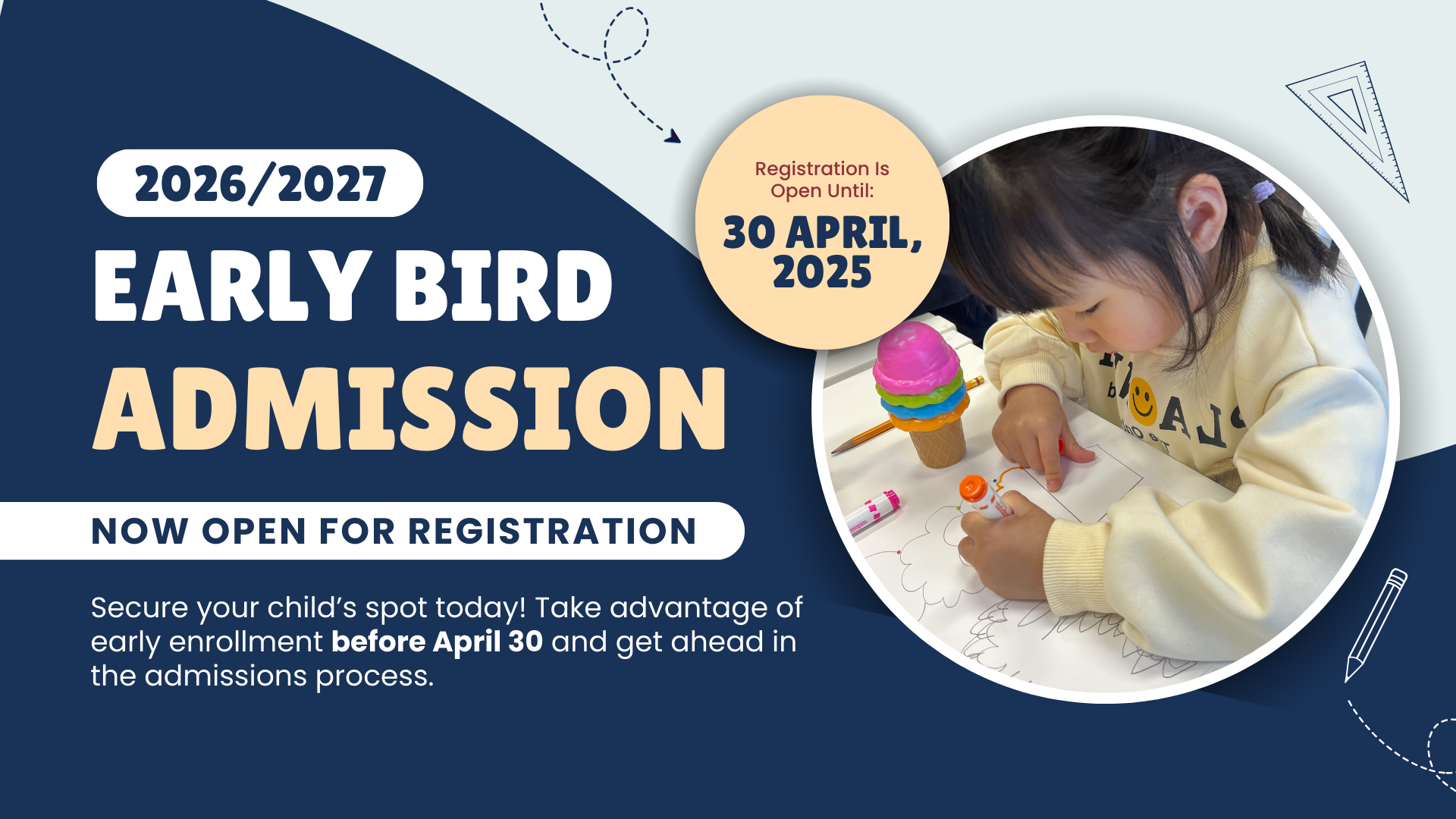
The Importance Of Positive Relationships With Parents In Early Childhood Education
EMOTIONAL WELLNESS
As an early childhood educator, you understand the crucial role that parents play in their children’s learning and development. Positive relationships between educators and parents are the foundation of a supportive and nurturing learning environment that promotes children’s growth and success. Building positive relationships with parents takes time, effort, and a commitment to open communication, mutual trust, and collaboration.
By the time you’re done reading this, you will have a better understanding of how positive relationships with parents can benefit young children’s growth and development. You will also have practical tips and strategies for building these relationships, which can help create a supportive and nurturing learning environment for all children. Let’s dive in and explore the importance of building positive relationships with parents in early childhood education.
Why Building Positive Relationships with Parents is Important
The relationship between parents and educators is crucial in early childhood education. When parents and educators work together, children benefit from a supportive and collaborative learning environment. Positive relationships between parents and educators can lead to:
Improved Child Outcomes: Positive relationships between educators and parents can improve child outcomes. Research has shown that when parents are involved in their children’s education, children perform better academically and have better social and emotional skills.
Better Communication: Positive relationships between educators and parents can lead to better communication. When parents and educators have a good relationship, they are more likely to communicate effectively and share information about the child’s progress and needs.
Increased Parental Involvement: Positive relationships between educators and parents can lead to increased parent involvement. When parents feel comfortable and welcome in the classroom, they are more likely to participate in school activities and volunteer their time.
Effective Strategies for Building Positive Relationships with Parents
START WITH A POSITIVE ATTITUDE
Building positive relationships with parents starts with having a positive attitude. When educators approach parents with positivity and a willingness to collaborate, it can help set the tone for a supportive and collaborative relationship. Educators should make an effort to connect with parents and create an environment where they feel welcome, appreciated, and valued. Displaying children’s artwork and photos, providing comfortable seating, and, when possible, offering refreshments are all ways to create a welcoming environment.
COMMUNICATE REGULARLY
Open communication is essential for building positive relationships with parents. Educators should communicate regularly with parents, keeping them informed about their child’s progress, classroom activities, and upcoming events. Communication can take many forms, such as newsletters, phone calls, emails, and parent-teacher conferences. Educators should be open to hearing from parents as well, taking the time to listen to their concerns and questions.
RESPECT CULTURAL DIFFERENCES
Early childhood educators work with families from diverse cultural backgrounds. It is essential to respect cultural differences and value each family’s unique beliefs and customs. Educators should take the time to learn about different cultures and incorporate cultural diversity into the curriculum. This can help foster a sense of inclusivity and belonging for all children and families.
PROVIDE OPPORTUNITIES FOR PARENT INVOLVEMENT
Involving parents in the learning process can help build positive relationships. Educators can involve parents by providing opportunities for them to participate in classroom activities, volunteer their time, and share their skills and talents with the class. This not only fosters a sense of community but also allows parents to feel more connected to their child’s education and learning experience.
SHOW EMPATHY AND UNDERSTANDING
Parents may have concerns and questions that require empathy and understanding. Early childhood educators should make an effort to listen to parents, show empathy, and understand their perspectives. This can help foster a sense of trust and mutual respect between educators and parents.
PROVIDE RESOURCES AND SUPPORT
Parents often need support and resources to help their children succeed. Early childhood educators can provide resources and support to parents, such as parenting workshops, access to educational materials, and referrals to community resources. This can help parents feel more equipped and confident in supporting their child’s learning and development.
BE RESPONSIVE AND FLEXIBLE
Finally, it is essential to be responsive and flexible when working with parents. Educators should listen to parents’ concerns, respond promptly to their questions, and be flexible in accommodating their needs and preferences.
As an early childhood educator, you have the power to create a positive impact on the lives of young children and their families. By implementing the practical tips and strategies given above, you can foster positive relationships with parents that promote children’s success and well-being. By working together, educators and parents can create a supportive and collaborative environment that helps children thrive. Remember, building positive relationships with parents is a journey that takes time and effort, but the rewards are immeasurable. Let’s work together to build strong partnerships and create a brighter future for our children.




